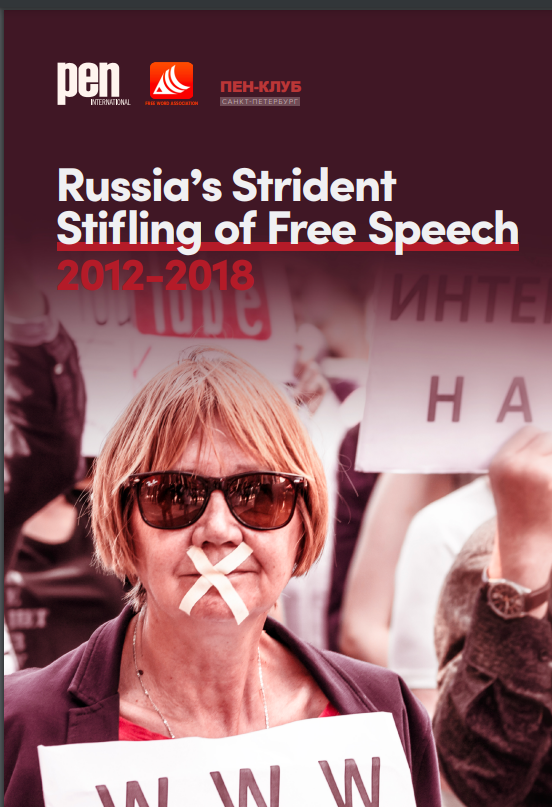Russia's Strident Stifling of Free Speech
Laws passed since Vladimir Putin’s return to the presidency in May 2012 have dramatically strengthened the Russian authorities’ control over the flow of information online and offline. Much of this crackdown has been fuelled by Russia’s foreign policy, in particular its role in the conflict in neighbouring Ukraine and its armed intervention in Syria. Vaguely worded legislation provides the Russian authorities with the tools to restrict access to or censor information and to carry out surveillance. Some laws have reduced the space for public debate on issues deemed threatening by the authorities; others have undermined the privacy and security of internet users. While restrictive laws have particularly targeted political opposition and civil society, they affect all Russians. Several people have been prosecuted and convicted for online expression, particularly regarding Russian activity in Ukraine.
The Russian authorities control the media landscape, with most media outlets owned by the state or their close affiliates. Independent journalists face huge pressure – legal, physical and economic – to not contradict the official line or provide coverage of critical viewpoints. At least 14 journalists were arrested during mass anticorruption protests on 26 March 2017. While they faced administrative charges, another journalist Zhalaudi Geriev has remained in prison in Chechnya since being sentenced to three years’ imprisonment on unfounded charges of drug possession in September 2016. The Russian authorities have failed to respond to violence against journalists, including murders, physical attacks and threats, creating a climate of impunity that encourages further attacks. At least 58 journalists have been murdered since 1992, though estimates by Russian groups place the figures much higher. Following Russia’s ‘annexation’ of Crimea in March 2014, the Russian authorities and the de facto Crimean authorities have pursued a crackdown on independent media, opposition politicians and activists. Crimean Tatars have been particularly targeted.

